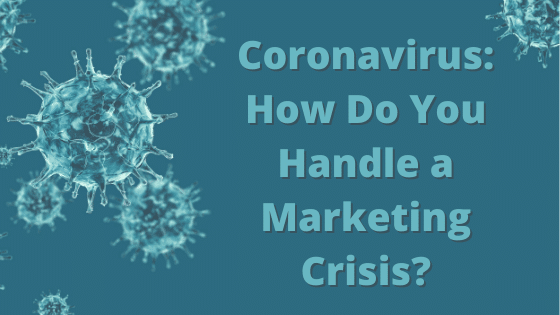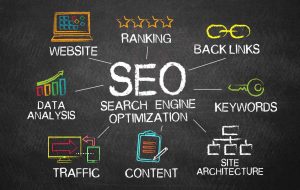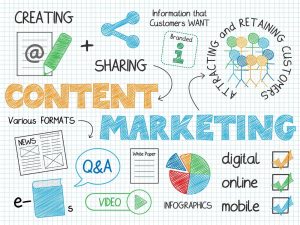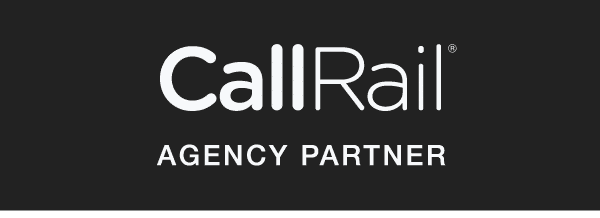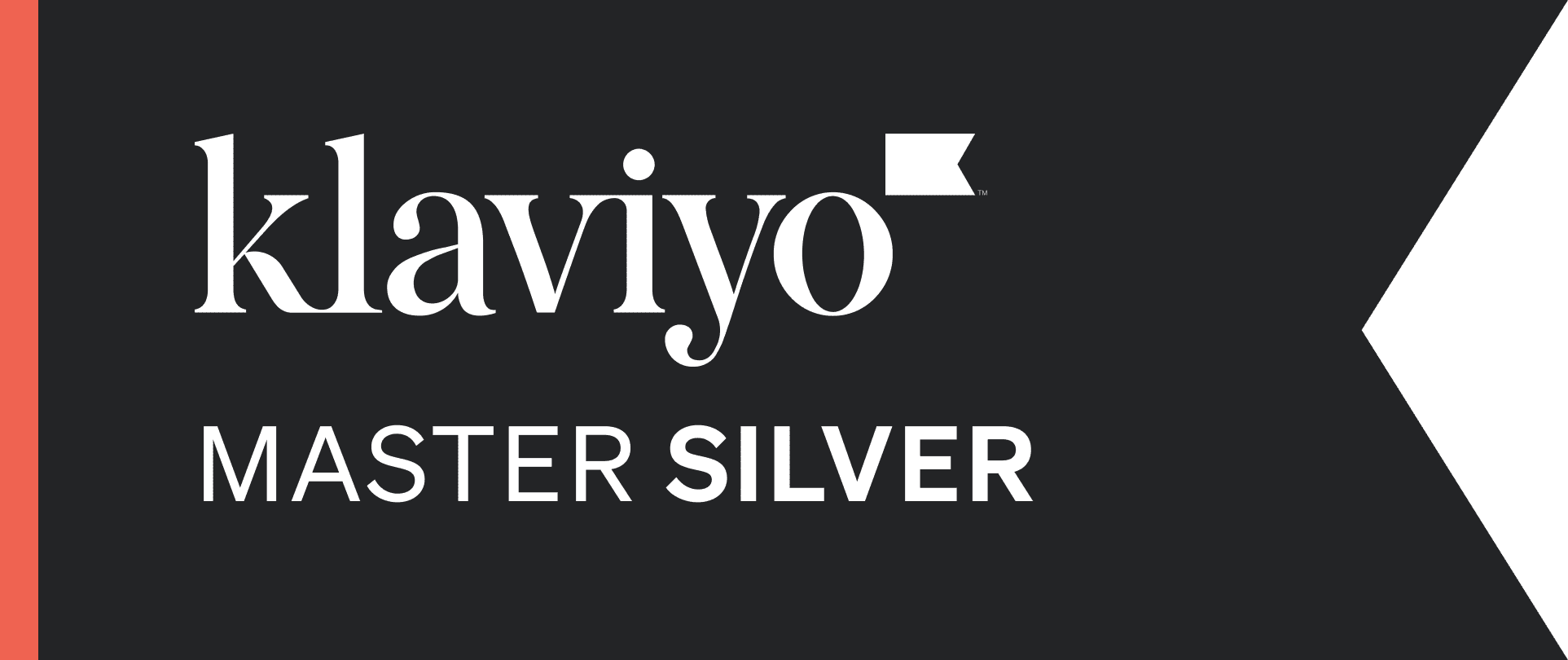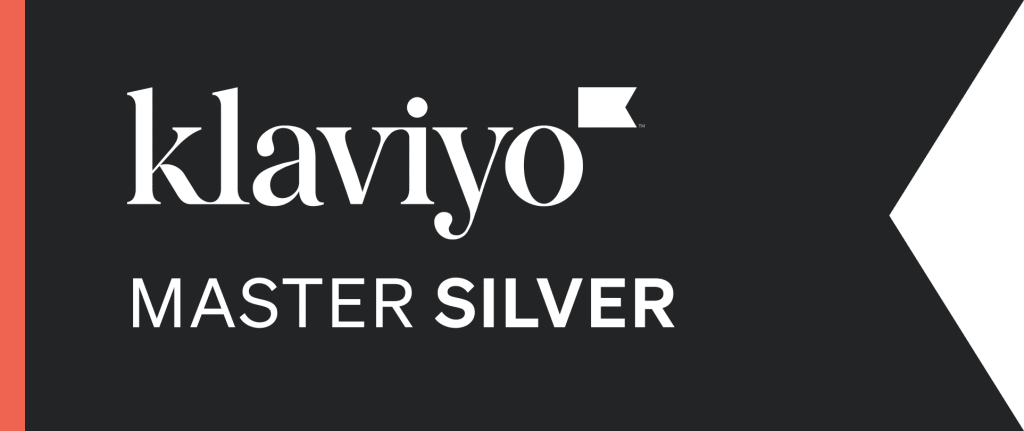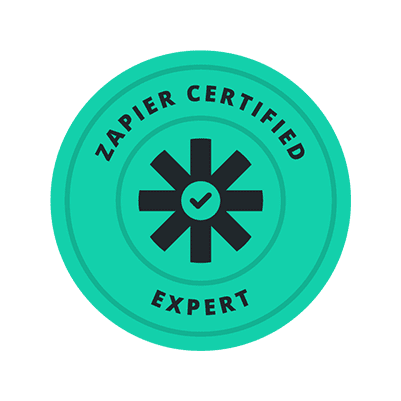Covid-19, otherwise known as the Coronavirus, has become a household name since its rapid spread in China last December. Since then, it has spread throughout the world, and as of current numbers from the CDC, it has infected 121,656 people and killed 4,380 worldwide—the U.S. accounting for 31 of those deaths. 66,900 have recovered from the virus.
If we put this into perspective, the virus has claimed 31 people in the U.S. out of 330 million, so it has a mortality rate of about 1%. Yet, companies are already preparing their employees to work from home should the virus spread in the U.S., as it has in China. So, the big question becomes: is this overreacting to a virus that, for most people, acts as the mild flu, and how does this affect a company?
Stay tuned as we discuss the top ten myths about coronavirus and how these myths and misinformation can cause damage to your marketing strategies.
How Panic Affects a Company
If you haven’t heard yet about panicking over something that affects companies, look no further than the coronavirus and Corona Beer. When word spread about Covid-19, people quickly associated it with Corona Beer, which has nothing to do with the virus. They went so far as not to purchase the beer. Corona Beer sales plummeted—well, according to the media. The truth is, sales are up 5%, but you would never know it. It seems, media reported on this issue, claiming that a survey conducted by 5W Public Relations stated that 38 percent of 740 American beer drinkers refused to buy the beer.
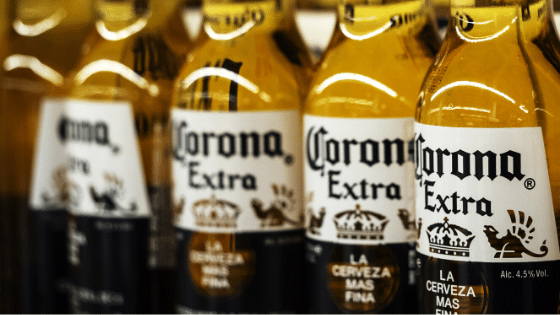
What they failed to report is that Corona Beer retained 96% of its customers. Still, you can see how misinformation or myth can harm a company. Now, flip that around with surgical mask companies, as well as bottled water and toilet paper companies. Their demand has increased ten-fold since the discovery of Covid-19, so much that people are panic-buying, worried they will be quarantined at home.
Marketing is everything, even when it comes to illness. Unfortunately, some people take advantage of a health crisis to raise prices (called price gouging), and Covid-19 is no exception. Banks are advertising special services to “protect” your investments should the virus prevent you from working. Other companies are capitalizing on the virus by refusing to do business with China or other Asian countries profoundly affected. Hollywood is also affected, with more people taking to streaming TV and movies rather than going to the movies.
The most significant impact could be the cancellation of the Olympics this summer in Tokyo. This will have a considerable effect on advertising and marketing for many businesses, as well as supply chains. So far, U.S. markets haven’t been negatively affected by Covid-19, but state governors, where the virus has been detected, are declaring a State of Emergency, which has a ripple effect from the top, down.
When people listen to or believe the following myths, it can have a devastating effect on companies.
Covid-19 Myths
It seems everyone’s a doctor or scientist when it comes to coronavirus and misinformation and plain falsities abound throughout the world. Because of this panic reaction, people are buying out toilet paper, bottled water, and hoarding surgical masks. Is this really necessary? Let’s break down the myths of Covid-19, and what you need to do so it doesn’t affect your bottom line.
Myth #1. You can protect yourself from the coronavirus by gargling with bleach, taking acetic acid or steroids, or using essential oils, saltwater, or other substances. The truth is none of these “recommendations” will protect you. The only things that will protect you are washing your hands for at least 20 seconds with soap and water, avoiding close contact with sick people, and not traveling to countries where the virus is worse.
Myth #2: A vaccine is available to cure Covid-19. As of March, there is no vaccine right now; however, scientists are working on one and will not be ready for several months.
Myth #3: The new coronavirus (remember, the coronavirus is not one isolated new virus, it’s a group of viruses, hence the Covid-19 label), was deliberately created or released by people. This myth is going around to cause panic, but it’s simply not true. Viruses change over time, and occasionally, a disease outbreak occurs due to animal to human transmission.
Myth #4: Ordering or purchasing products shipped from China will make you sick. Although we don’t know much about this particular virus, scientists state that most viruses die long before a package would reach another country. The virus spreads through droplets from an infected person’s sneeze or cough, so you would need to be nearby for it to affect you.
Myth #5: A face mask will protect you from the coronavirus. The only one that protects health care workers and those caring for infected patients is the N95 surgical mask. They are also the only people who should wear them. People should not be wearing any surgical masks or hoarding them, so healthcare workers remain protected.
Myth #6: Everyone with Covid-19 dies. This is unequivocally false. It’s only fatal for a tiny percentage of people: those who are immunosuppressed or the elderly. This doesn’t mean a healthy, young person can’t contract the virus, but it most likely will be a mild case.
Myth #7: Cats and dogs spread coronavirus. At present, there is little evidence that Covid-19 infects cats and dogs. Currently, it’s only driven by human-to-human transmission.
Myth #8: You have to be with someone for ten minutes to catch the coronavirus. The longer you’re around someone infected with the virus, the more risk; however, you can still catch it in less than ten minutes.
Myth #9: You can catch coronavirus from eating Chinese food in the U.S. No, you can’t. It has nothing to do with Chinese food or a Chinese restaurant.
Myth #10: You need to work from home until the virus runs its course. This is true in many places but it is not true worldwide or even nationwide. Follow the guidelines set out by your local government.
There are several more myths associated with Covid-19, so it’s essential to yes, be aware, but not panic. Common sense should be key here. We can’t control the virus ourselves, but we can control how we react or overreact to it.
At REVITY, we work hard every day for our clients, coronavirus, or not. As a full marketing agency, we don’t let myths or misinformation stop us from providing the best and tested marketing strategies available. If you’re looking for a company that wants only the best for your business, contact us.

